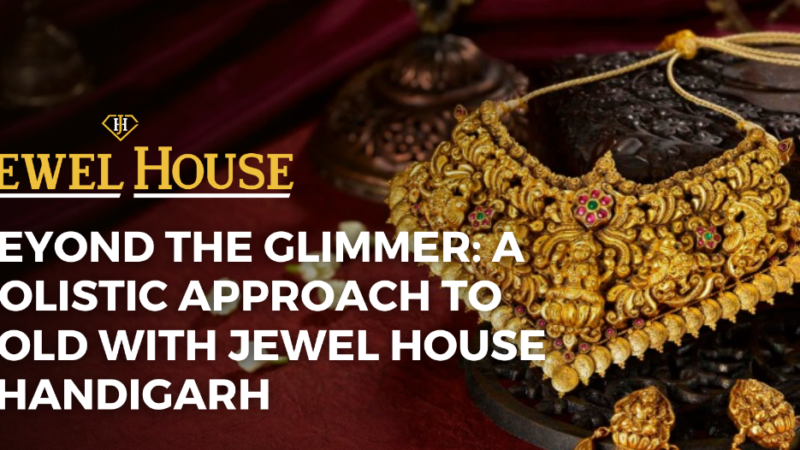The Advantages of Continuing to Dance as an Adult
Dancing is an excellent way to get fit and improve your overall health. It helps you to stay active and reduces your risk of developing heart disease, diabetes, osteoporosis, and other ailments.
Dance also helps you stay mentally and emotionally healthy. It can help to boost your self-esteem and motivation, which are critical to a positive mental outlook.
Boosted Energy
Dance has a unique ability to energize the mind and body. It can help you feel more energetic, creative, and ready to take on the world.
It also improves moods, making you more upbeat and able to handle stress better. It can even boost your immune system, essential for those prone to illnesses or infections.
Researchers found that dancing improves the functioning of the hippocampus, which is a part of the brain responsible for memory. It can also slow down brain deterioration as people age, making it less likely that they will develop dementia or Alzheimer’s disease.
Studies have also shown that dancing can reduce the symptoms of depression and anxiety among older adults. It can also help them form stronger relationships with family and friends.
Dancing is also a great social activity; you can meet new people in classes or at parties. Getting to know new people can increase self-confidence and make you feel more socially active.
If you have difficulty finding time to dance, schedule a monthly date to commit to it – you’ll be surprised how much you enjoy dancing when you do! It’s also essential to prioritize it and find a class like DivaDance if you want to stick with it.
Improved Balance
One of the most crucial physical abilities for adults to master is balance. It is essential for everyday tasks such as walking, putting clothes on the line, reaching up or down into cupboards and going up and down stairs.
It is also essential for safety, especially in older people. Among older Americans, falls are the most common cause of injury and death. Better balance can lower this risk by making it harder for seniors to fall.
To improve your balance, you can practice exercises that are easy to do at home. You don’t need any special equipment; you can scale them to suit various age groups.
You can also incorporate balance exercises into your workout routine by adding simple exercises to your regular workouts. Doing these exercises when you stand on one leg while performing upper body exercises like biceps curls, shoulder presses, or overhead triceps extension will help you get more balance out of your workout and keep your joints and back optimal health.
Balance training has been shown to have numerous benefits for both athletes and people of all ages. It has decreased the risk of injuries such as ankle sprains and knee strains and even help senior citizens avoid falls.
Boosted Self-Esteem
Dancing is an expression of the body, so it can be a great way to release tension and calm emotions. It also helps the brain crank out feel-good endorphins and lowers levels of stress hormones like cortisol.
Dancers often say that their dance practice has helped them improve their self-esteem. And that’s not surprising: According to research, dance helps people build confidence by learning skills they might not have had the opportunity to learn at other life stages.
Whether you’re a teenager, a young adult or a parent with children in dancing classes, the benefits of dance extend well into adulthood. Researchers have found that participating in dance or dancing socially at any age improves self-confidence, fitness, and creativity.
Another study reveals that mastering complex dance steps can evoke a feeling similar to ‘somersaulting,’ which can help bolster your feelings of happiness and satisfaction.
A boost in self-confidence can lead to improved social interactions in your everyday life and may increase your chances of making new friends. In addition, a sense of accomplishment can help you avoid negative thoughts about your appearance or abilities.
A pervasive low self-esteem can impact your relationships, work and overall health. But there are ways to combat that feeling and work toward healthier self-esteem.
Improved Mental Health
No matter your level of experience or how recently you’ve started learning to dance, continuing to dance as an adult has many advantages. From a boost in self-esteem to improved cognitive skills, dancing can help improve your mental health.
Dancing can also be a form of physical exercise to ease depression and anxiety. Research shows that people who regularly engage in activities like dance tend to have better mental health than those who do not.
In addition, dancing can strengthen the areas of the brain that control memory and cognitive skills. It can ward off dementia and other issues related to aging.






